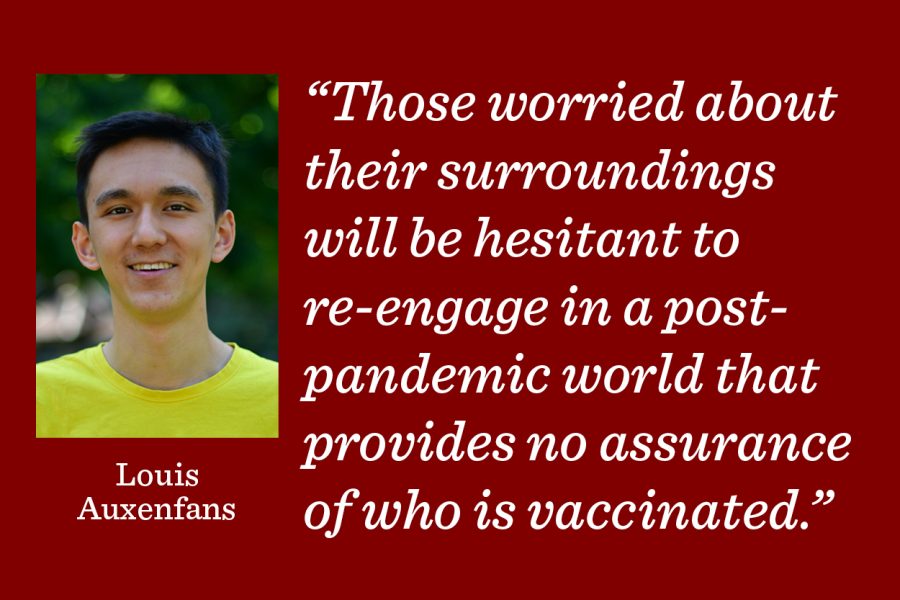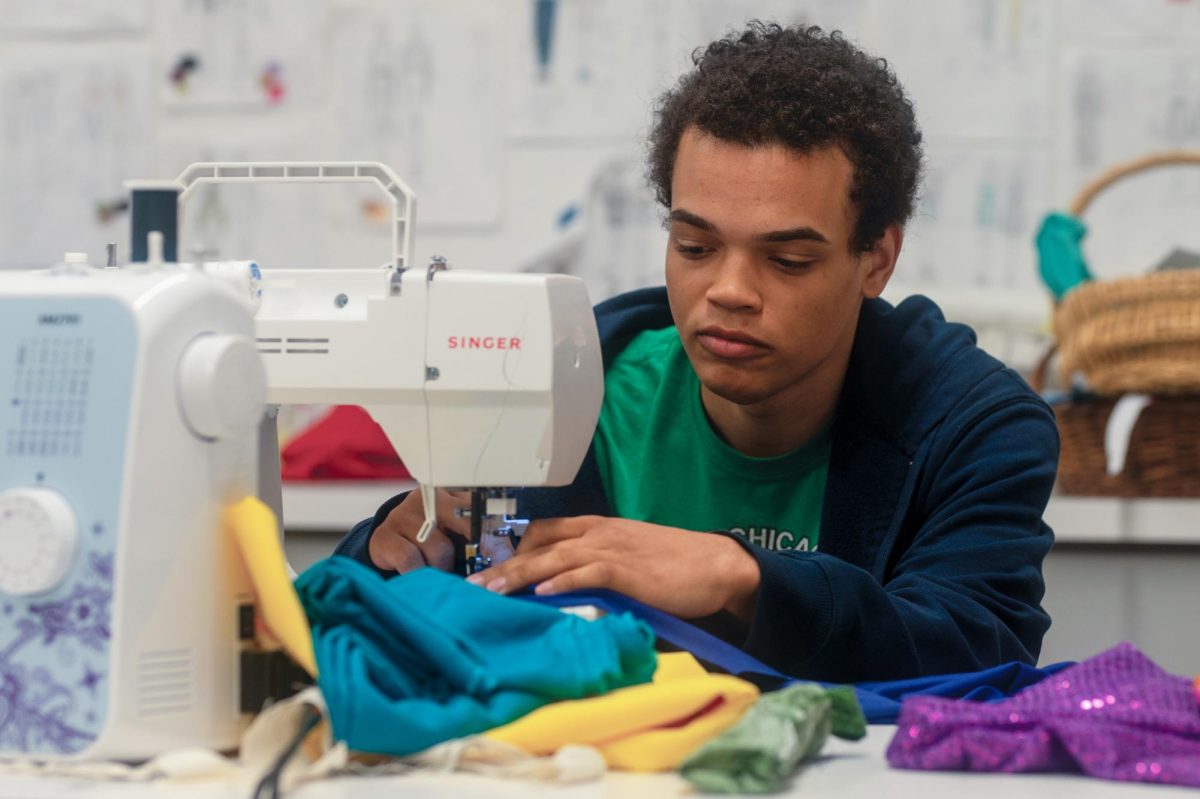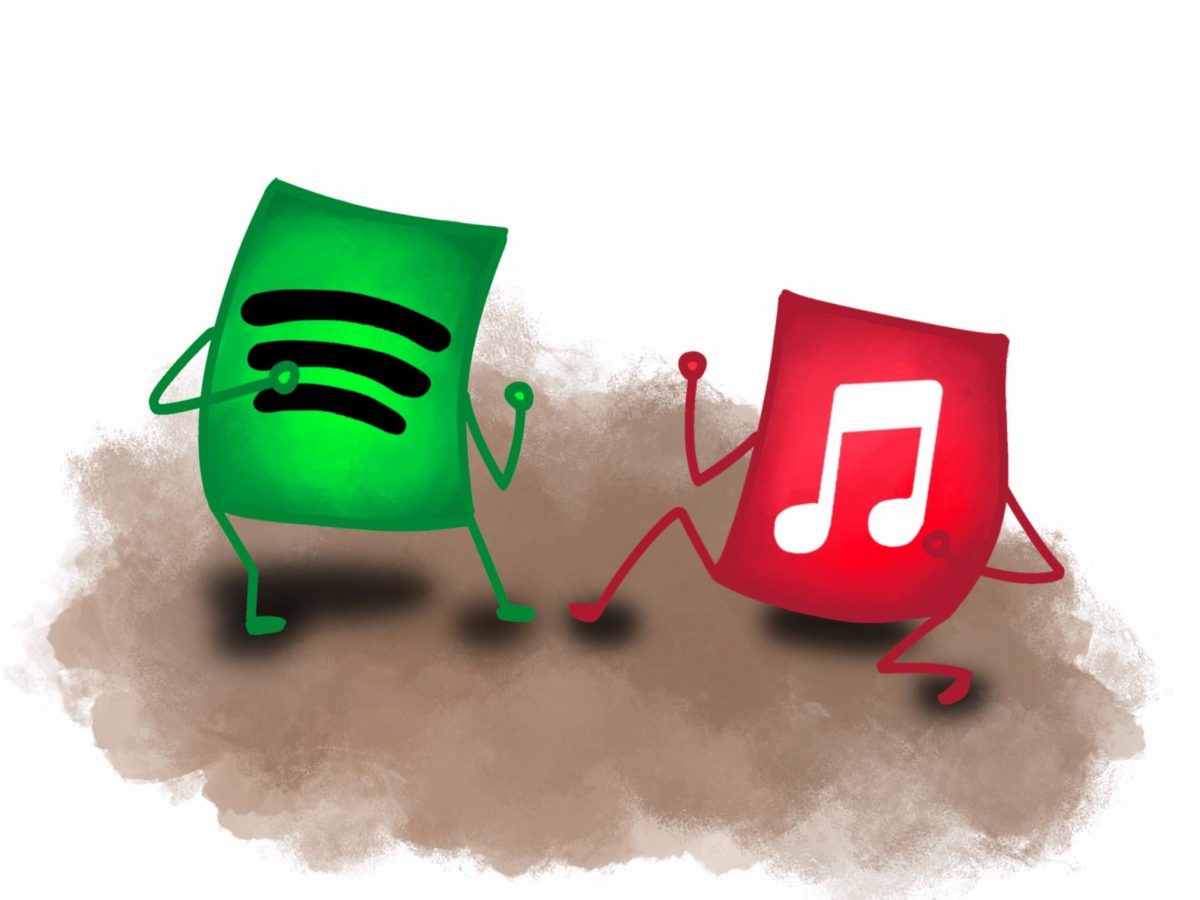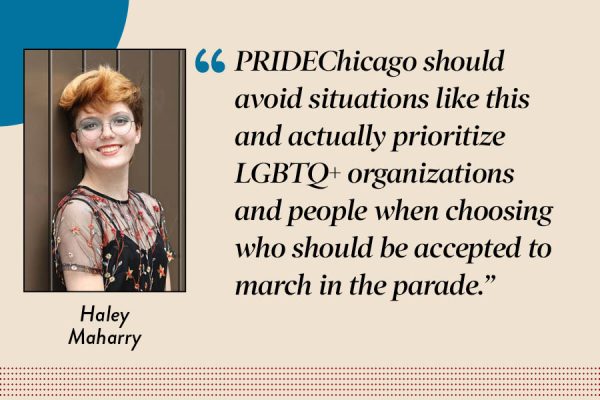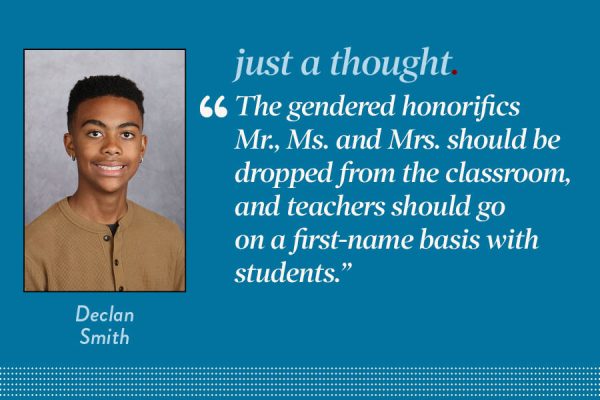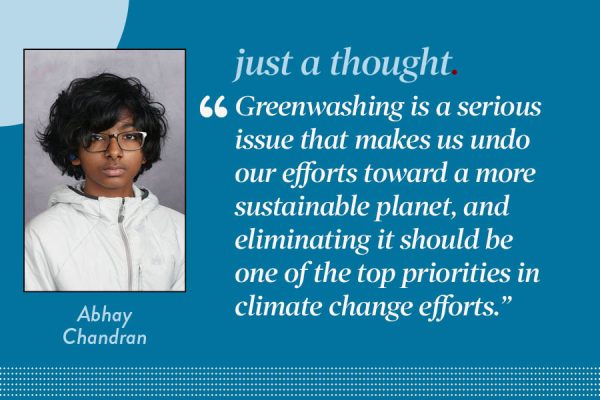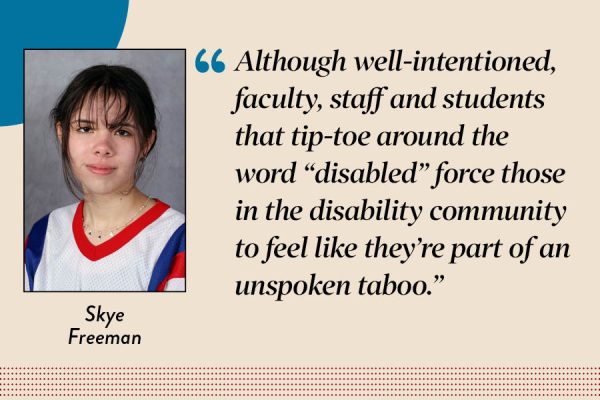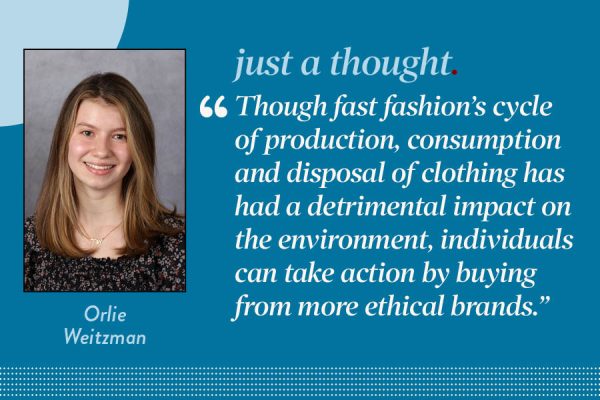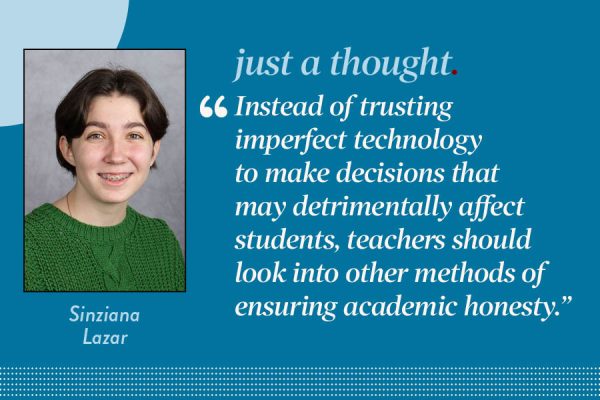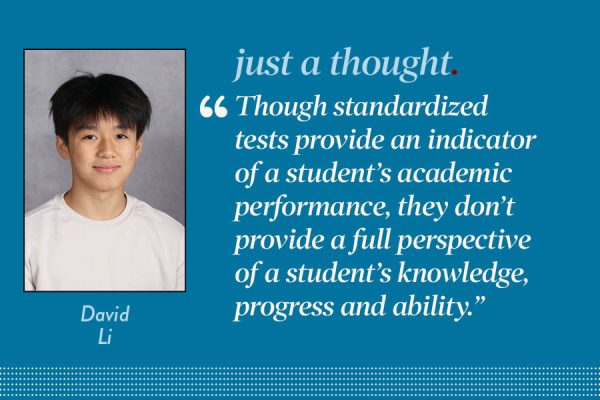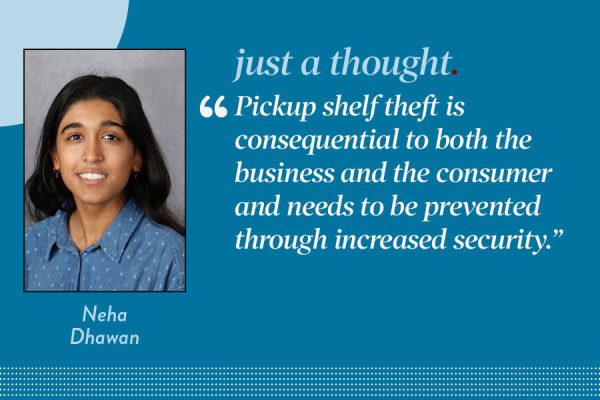Vaccine passports needed to renew daily life
Midway staff
Vaccine passports should be required for international travel and encouraged for sporting events, writes reporter Louis Auxenfans.
June 2, 2021
On May 26, it had been over a year since I last ate at a restaurant, and when I took off my mask, I still had an itching feeling to put it on again. Although I was fully vaccinated and it was considered safe by the CDC, nevertheless I felt anxious to be maskless in a room with others who may not have received the vaccine. As of June 1, only 51% of Americans have been fully vaccinated against COVID-19, and the pace of vaccinations has slowed from an April 13 peak of 3.38 million average doses per day to 1.27 million.
One method to reduce the worry I felt and guarantee safety for transportation and public events would be vaccine passports. They should be required for international travel and encouraged for sporting events to fully reopen the country and speed up the effort to herd immunity.
Vaccine passports are a credential to prove that someone has been vaccinated. Passports could come in forms of a QR code on a digital device that would indicate someone has been vaccinated against the coronavirus. Government health departments would have access to an individual’s vaccination records to generate the QR code, which would be scanned at airports or music events for entry. Vaccination passports are already in use in Israel with its Green Pass program and in New York with Excelsior Pass.
While some argue that vaccine passports would be an invasion of personal liberty, ensuring the overall health and safety of people is crucial to halt the cases and death toll from COVID-19. It is not enough to leave it up to unvaccinated people to choose to wear a mask as President Biden said. There must be a method to ascertain which people are fully vaccinated and have a low rate of transmission. Furthermore, the idea of vaccine passports are not new. Since 1969, the World Health Organization has required travelers to certain countries to show an approved yellow card to proof of vaccination for yellow fever.
As the recent surges in India demonstrate, the threat of COVID-19 is not yet completely over worldwide. As long as the virus is prevalent around the globe, new variants could be created that are even more rapidly transmitted. Passports would help prevent infectious variants from spreading among the unvaccinated. Additionally, it is not yet known how long the vaccines last, so booster shots may be necessary to provide full long-term protection. With a system in place verifying vaccination, people would not be as worried about potential infection while the vaccine’s effects wear off.
Those worried about their surroundings will be hesitant to re-engage in a post-pandemic world that provides no assurance of who is vaccinated.
Vaccine passports would also incentivize the unvaccinated to get the shot because they would be free to do more things, like travel internationally without having to quarantine. It would also boost the pace of vaccination, so America can reach herd immunity. According to the New York Times, experts now calculate the threshold to be higher than anticipated with an estimate around 80%. And, recent polls show that around 30% of adults are vaccine hesitant or resistant.
Most importantly, vaccine passports would help open the economy by allowing more people to safely go to restaurants, movie theaters and concerts. Travel could also open to full capacity and fuel the economy’s hospitality sector. Small businesses, which do not have the infrastructure of large companies, would be given a major boost after suffering badly from COVID-regulations.
The worldwide pandemic will not go away anytime soon, and in the United States it is still unclear when herd immunity can be reached. If there is no baseline knowledge about who is vaccinated, people will be in an awkward state of limbo about what is safe. Those worried about their surroundings will be hesitant to re-engage in a post-pandemic world that provides no assurance of who is vaccinated.



